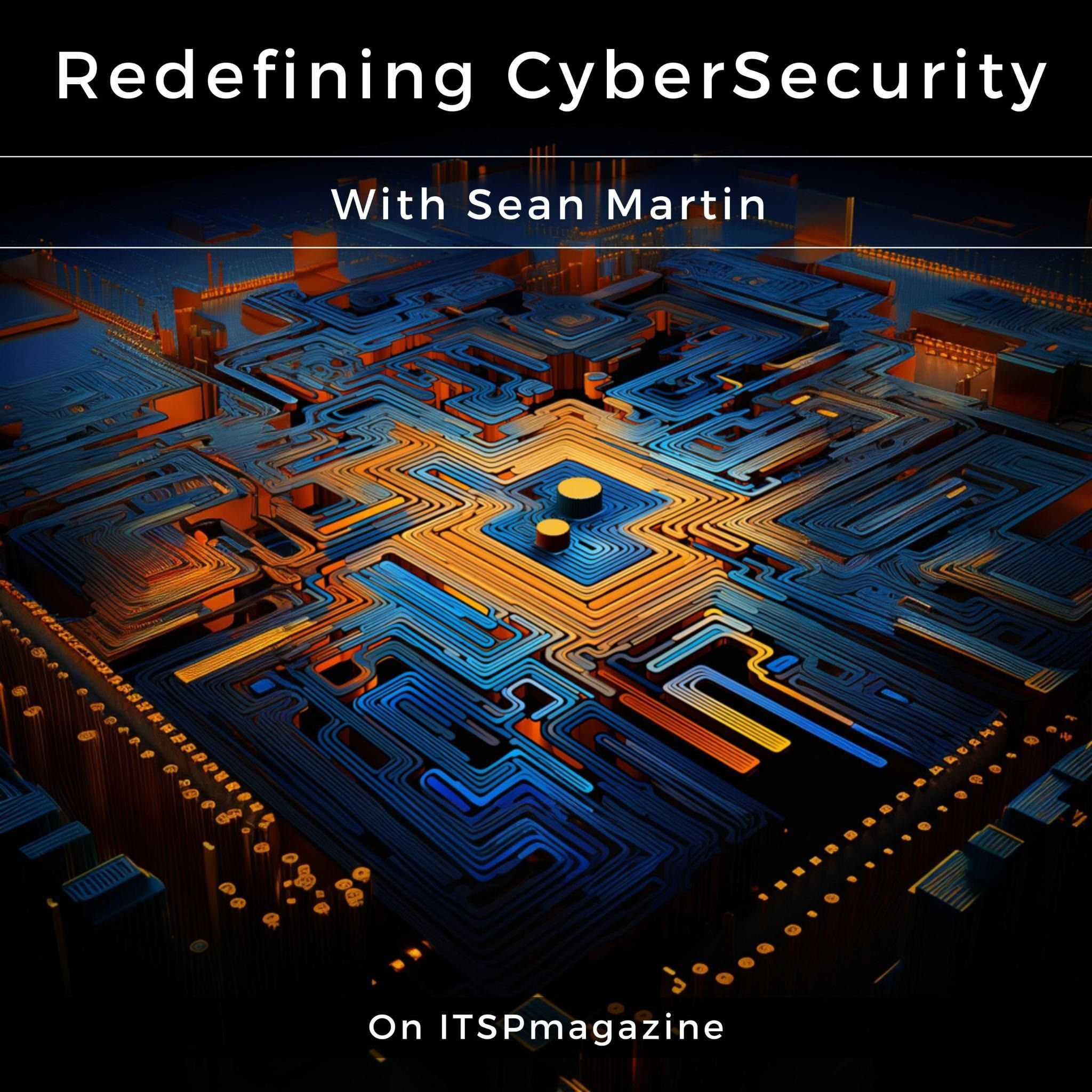The SOC Analyst Strike: Can the Balance Be Restored Between Humans, Machines, and Artificial Intelligence? | A Musing On the Future of Cybersecurity and Humanity with Sean Martin
This fictional story represents the results of an interactive collaboration between Human Cognition and Artificial Intelligence.Enjoy, think, share with others, and subscribe to "The Future of Cybersecurity" newsletter on LinkedIn.Sincerely, Sean Martin and TAPE3________In a not-so-distant future saturated with the promises of automation and Artificial Intelligence, the world witnessed an irony so striking it couldn't be ignored: the technology meant to augment human productivity had instead cultivated a crisis in the very jobs it was designed to assist.Jack sat in his cubicle within the labyrinthine Security Operations Center (SOC) of your favorite company, surrounded by an arsenal of advanced machine-learning tools. But his eyes were bloodshot, strained from hours of sifting through endless lines of logs, alerts, threat intel feeds, and code. The AI algorithms flashing on his screen—once considered allies in data analysis—had become taskmasters, churning out suggestions at a pace too relentless for human endurance. His colleagues were equally buried in their monitors, nodding at the AI-generated recommendations that were meant to assist but often only added to their burdens. As burnout and job dissatisfaction reached critical mass, the question became unavoidable: Had the drive for technological innovation unintentionally sabotaged the human workforce it was supposed to empower?The room went quiet when Lisa, the lead SOC analyst, stood up. "Folks, we need to talk," she said. The faces turned to her were wary but attentive. "We've been losing analysts left and right, people are overworked, and we're not even given the basic respect or compensation we deserve. I think it's time we take a stand."A ripple of agreement ran through the room. There were no unions in this industry; at least, not yet. The fear of job loss to AI, coupled with the relentless demand on their time and skills, had pushed them to a breaking point. Social media was already buzzing with rumblings from SOC analysts across the globe. The hashtag #SOCUnite was trending, evidence of a collective dissatisfaction bubbling beneath the surface.Days turned into weeks, and negotiations between the SOC analysts and the management team at your favorite business reached a stalemate. A hard decision was made. A first-of-its-kind strike of SOC analysts commenced, not just at your favorite business but at multiple SOCs worldwide.The impact was immediate and chilling. Companies large and small, for and non-profit, startups and established—they all found themselves exposed to an array of cyber threats. External agencies were pulled in to help deal with these threats, but they were overwhelmed by the sheer volume of alerts and the lack of intimate knowledge of the systems they were hired to protect. Smaller businesses that couldn't afford external help saw immediate breaches: ransomware attacks, data theft, and more. The social fabric was frayed; trust in online systems plummeted. People reverted to offline transactions, even pulling their life savings out of online accounts.However, it wasn't all bleak. The strike awakened a realization of just how crucial human expertise is in the age of advanced technology and cybersecurity. Governments and organizations began to consider the limitations of AI, which, although advanced, couldn't yet replicate the nuanced understanding that humans brought to the table. AI could filter and prioritize alerts, but it could not understand the ethics or the larger societal implications of a false positive or ne

